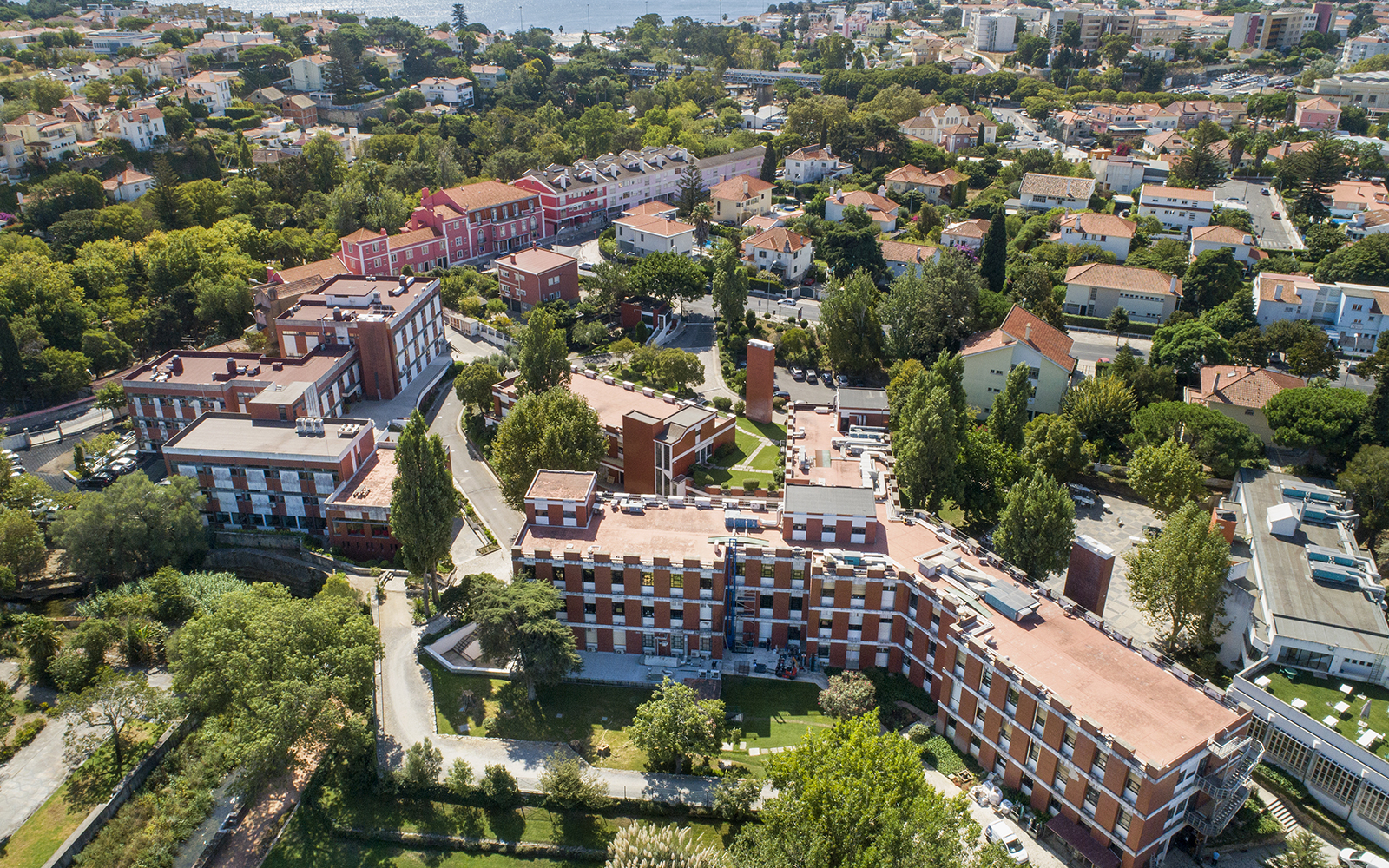Effects of Wolbachia on transposable element dynamics and on fitness traits in Drosophila melanogaster
Slider de Eventos
Data
- / Cancelado / Esgotado
Local
Auditório IoniansRua da Quinta Grande, 6
2780-156 Oeiras
PhD Thesis Defense
Pode consultar o resumo desta Defesa de Tese em Inglês.
President of the Jury: TBD
Jury members:
- Josefa Gonzalez Perez, Institute of Evolutionary Biology / CSIC, Research Scientist – Main jury member
- Cristina Ana de Esperança Vieira Heddi, Universté Claude Bernard Lyon 1 / Laboratoire de Biométrie et Biologie Evolutive, UFR Biosciences, Full Professor – Main jury member
- Margarida Maria Demony de Carneiro Pacheco de Matos, Departamento de Biologia Animal, Faculdade de Ciências / Universidade de Lisboa, Full Professor – Jury member
- Fabiana de Oliveira Herédia, Nova Medical School / NOVA University Lisbon, Associate Researcher – Jury member
- Patrícia Margarida do Ó de Oliveira Beldade, Faculdade de Ciências da Universidade de Lisboa, Assistant Professor – Supervisor
Abstract:
Transposable elements (TEs) are repetitive DNA sequences capable of changing position in host genomes, thereby causing mutations. TE insertions typically have deleterious effects but they can also be beneficial. Increasing evidence of the contribution of TEs to adaptive evolution further raises interest in understanding what factors impact TE activity. Based on previous studies associating the bacterial endosymbiont Wolbachia to changes in the abundance of piRNAs, a mechanism for TE repression, and to transposition of specific TEs, we hypothesized that Wolbachia infection would interfere with TE activity. We tested this hypothesis by studying expression of 14 TEs in a panel of 25 Drosophila melanogaster host genotypes, naturally infected with Wolbachia and annotated for TE insertions. The host genotypes differed significantly in Wolbachia titers inside individual flies, with broad-sense heritability around 20%, and in the number of TE insertions, which depended greatly on TE identity. By removing Wolbachia from the target host genotypes, we generated a panel of 25 pairs of Wolbachia-positive and Wolbachia-negative lines in which we quantified transcription levels our target TEs. We found variation in TE expression that was dependent on Wolbachia status, TE identity, and host genotype. Comparing between pairs of Wolbachia-positive and Wolbachia-negative flies, we found that Wolbachia removal affected TE expression in 21.1% of the TE-genotype combinations tested, with up to 2.3 times differences in median level of transcript. Our data shows that Wolbachia can impact TE activity in host genomes, underscoring the importance this endosymbiont can have in the generation of genetic novelty in hosts. We then studied the impact of Wolbachia’s presence in the fitness of different genotypes, by measuring the fecundity and survival of Wolbachia-infected host lines paired with corresponding Wolbachia-free lines. In some lines, Wolbachia affected the production and sex of offspring, and it mostly did not affect survival. Our data showed that Wolbachia proliferation varies in a host-dependent manner and can be affected by both interior and exterior factors. Importantly, this endosymbiont was shown to impact fecundity, underscoring its importance in host’s fitness.
ORADOR
Ana Eugénio
Instituto Gulbenkian de Ciência
